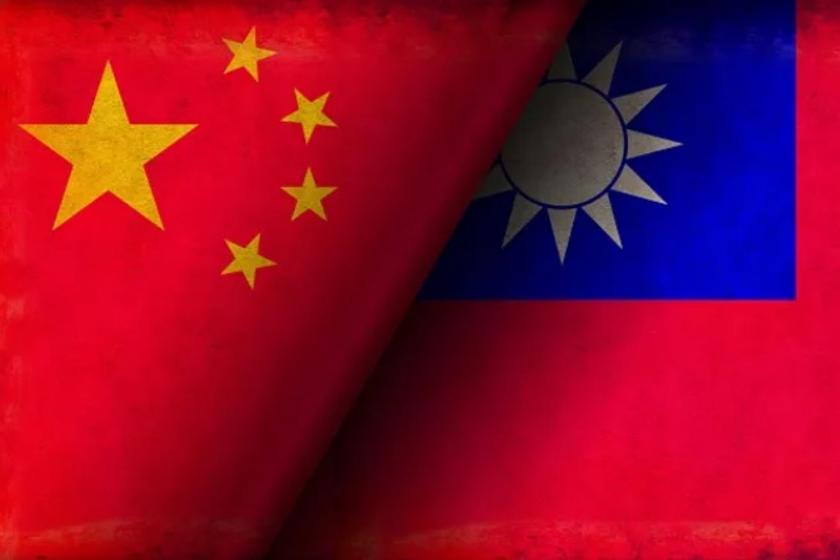Is the US IT Industry Prepared for a Chinese Invasion of Taiwan?
There's hope that the high cost of a Taiwan invasion will dissuade China from attacking. Still, IT organizations are advised to prepare for a worst-case scenario.
March 31, 2023

In 2020, China conducted 380 incursions into Taiwan's airspace. In 2021, that number more than doubled to 960. Last year saw the greatest number of airspace incursions ever, with 1,727 breaches of the zone.
While no one really knows if or when China will launch a full-scale attack on Taiwan, the possibility of an invasion is raising concern in the IT supply chain community. “The US IT sector is aware of and concerned about a potential invasion of Taiwan, which has a range of implications, one being the disruption of the important semiconductor industry ecosystem,” says Doug Palmer, chief engineer at management consulting firm Booz Allen, and a leader within its supply chain practice.
Potential Consequences of Invasion
Should an invasion occur, investments in Taiwan Semiconductor Manufacturing Company (TSMC) would essentially be lost, warns Mike Hamilton, founder and CISO of cybersecurity firm Critical Insight and a former Department of Homeland Security coordinating council vice chair. “The intellectual property would be subject to analysis and replication, giving China a head-start into semiconductor fabrication.”
An invasion would likely grind the tech industry in Taiwan to a halt, endangering chip deliveries to not only IT system manufacturers, but also the makers of smartphones, vehicles, and consumer electronics products, says Jack Gold, founder and principal analyst at technology research firm J. Gold Associates. “It would also likely halt the third-party contract manufacturing that nearly every major company uses,” he adds.
Gold believes that supply lines would dry up within a matter of days or weeks. “Additionally, there would probably be major blowback on Chinese vendors as well, and they would likely face restrictions on sending their products abroad, much like we see in the Russian invasion of Ukraine.”
Under a worst-case scenario, all IT sectors relying on chips produced by TSMC would be affected by an invasion, particularly if the attack occurs prior to the full activation of fabrication facilities currently being built in the US as part of the Chips and Science Act. Signed into law last year by President Biden, the act provides approximately $280 billion in funding to boost domestic semiconductor research and manufacturing.
Read the rest of this article on InformationWeek.
Related articles:
About the Author
You May Also Like




